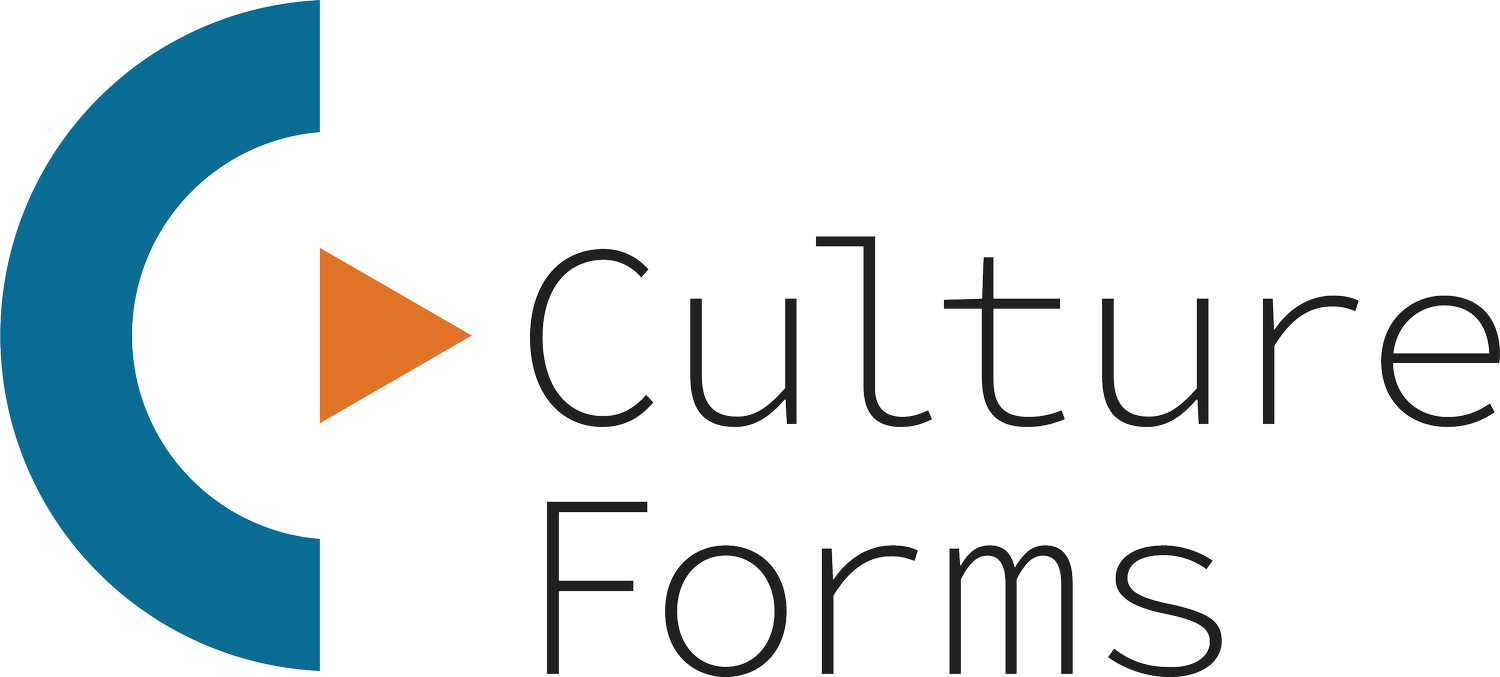In Praise of a New Kind of Retreat
Not so long ago, I received an RFP for a retreat. As has happened before, I found myself buzzing with wonder around two things the company was not considering: the pre-work necessary to prepare staff for the 3-day event and what follow-up would ensure the retreat’s efforts are sustained.
I appreciate the sheer magic that happens within shared experience. Companies and teams fly everyone to one place for a few days for shared swag, fun activities, thoughtful menus, huge post-its, and guest speakers. It’s important work, and takes an incredible amount of skill and effort to pull off such gigantic feats.
However, I don’t think this kind of retreat is the only—nor the most effective—way to build community. (And if one is an introvert, such endeavors can seem a nightmare.)
It could be argued that a workplace’s most consistent characteristic is change, only perhaps overshadowed by how a company handles said change.
Some changes will come from policies and projects. But across a month, a season, or a year, a lot of it happens because people come and go, or grow into new roles. And in a good workplace—one where I’d like to be as an individual or a consultant—each person has an impact on the community.
Years ago, I made note of this fact and had the chance to develop a Deconstructed Retreat to see how the most day-to-day elements of change might be considered.
Consider Barb, who joins a team one month after its annual retreat. Barb has to wait 11 months to experience that sense of community.
But what if, instead of a single gathering, a team met once a week, or twice a month, to do the ongoing, necessary work of: building trust with team members; considering the elephants in any room; and remaining engaged in conversation about whatever issues we too often place in the proverbial parking lot for later (and which, when left unaddressed, become the very seeds for conflict).
By examining and revisiting simple yet important questions about The Syllables of Work and Life, each team can have the information, rapport, and trust it needs to function at its best. I don’t think such an excellent work condition requires many bells and whistles—it requires a grounding of trust and thoughtfully curated conversations where people can express what they need and be understood by their colleagues.
With teams ready to challenge their assumptions of what it takes to stay connected, there are 16 Culture Forms practices I’ve successfully built into various Deconstructed Retreats. (And there are endless more that can be invented for the needs of any team.)
So before you start planning your next six- or seven-figure event, consider what change and impact you can make on a smaller scale that may better reflect—and make room for—the everyday nature of community and change.
Get in touch to learn more about Deconstructed Retreats.
